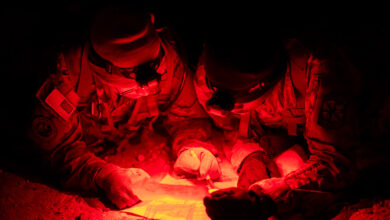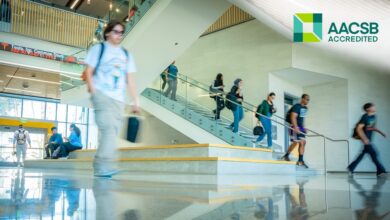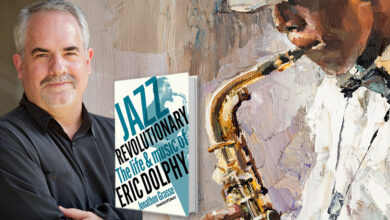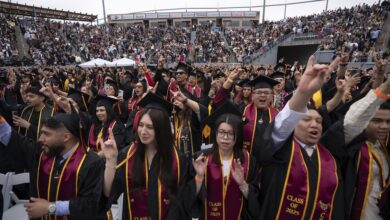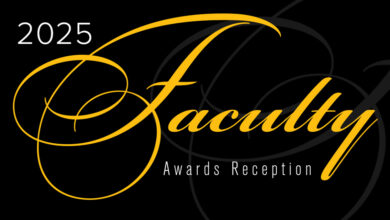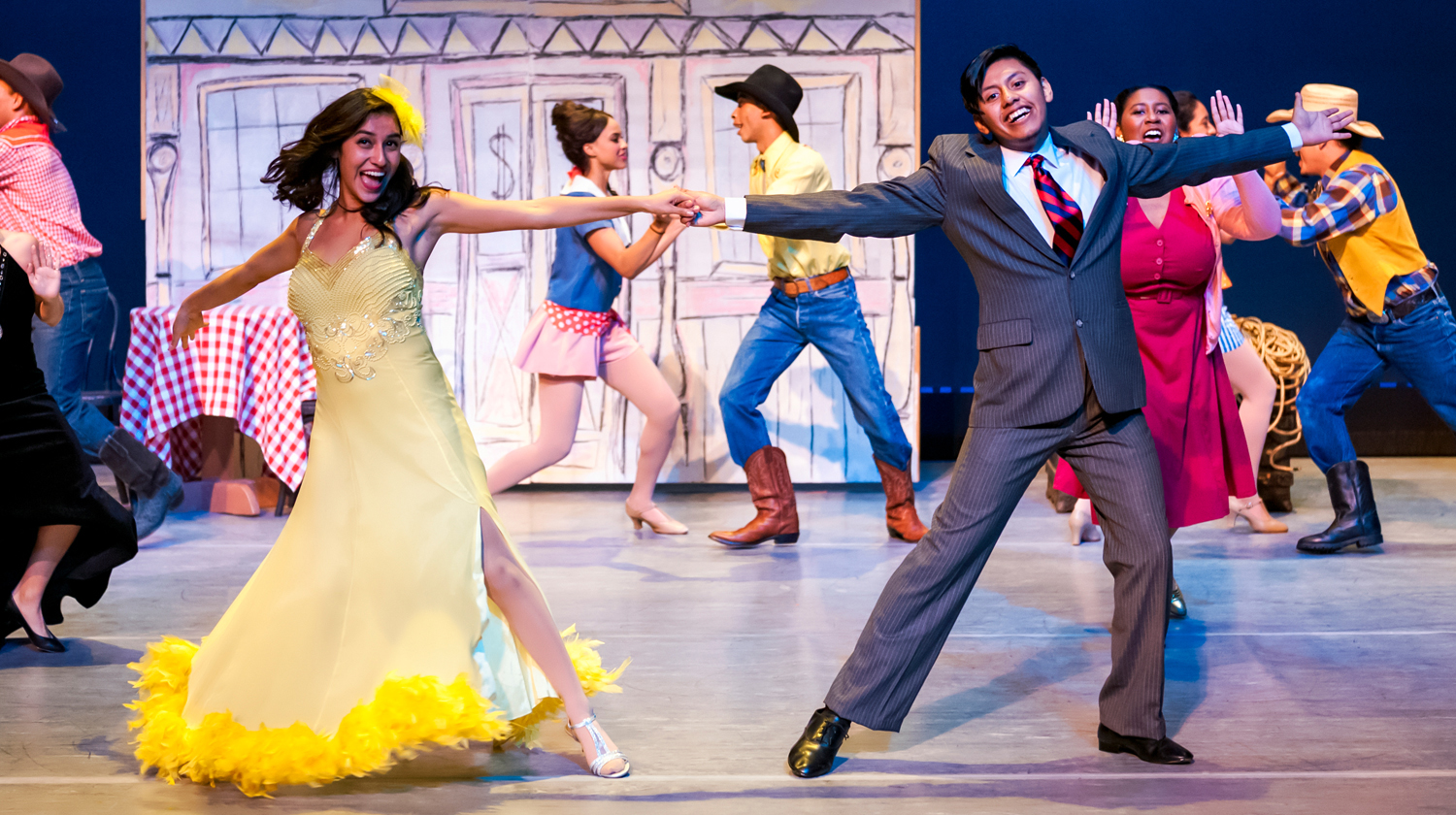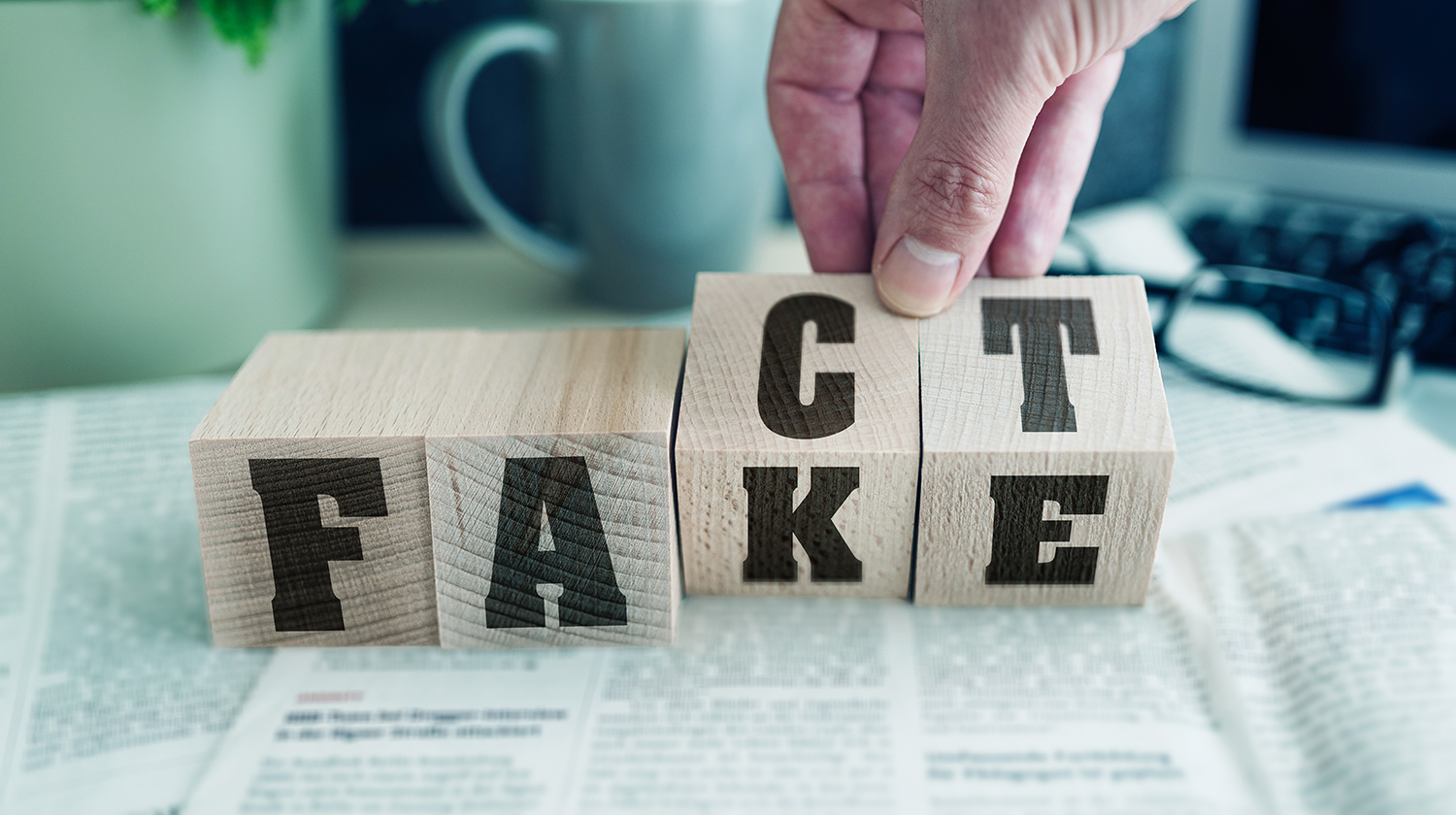 Researchers at California State University, Dominguez Hills (CSUDH) have released the results of a study that provides an in-depth understanding of who produces and spreads “fake news,” and who is duped by it. The findings are part of a larger study on the psychological constructs associated with fake news consumers and producers.
Researchers at California State University, Dominguez Hills (CSUDH) have released the results of a study that provides an in-depth understanding of who produces and spreads “fake news,” and who is duped by it. The findings are part of a larger study on the psychological constructs associated with fake news consumers and producers.
Developed in CSUDH’s George Marsh Applied Cognition Laboratory by Professor of Psychology Mark Carrier, Professor of Communications Nancy A. Cheever, and students from the lab, data from the 14-month study was collected from an anonymous online questionnaire conducted from December 2018 to February 2020.
The study’s 2,283 participants lived in college communities across the nation, including Sellinsgrove, Pa. (Susquehanna University) , Ames, Iowa (Iowa State University), Monticello, Ark., (University of Arkansas Monticello), and Los Angeles (CSUDH and California State University, Los Angeles. The average age of participants was 33.8 years.
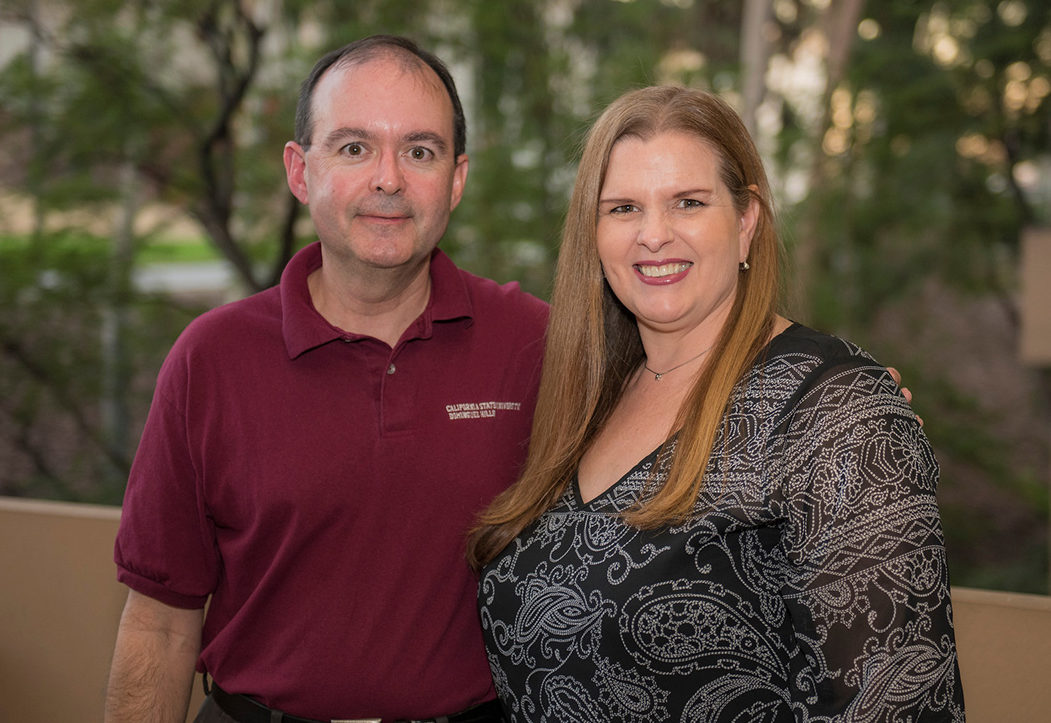
“It has been shown through several reputable surveys that Americans are getting their news from social media more and more as time goes on,” said Carrier, the primary investigator of the study. “This can be beneficial when legitimate news items spread rapidly through social networks, but it can be hurtful when false or misleading news items are posted online.”
The purpose of this study was to understand the American population’s attitudes and beliefs about fake news, as well as behaviors related to false online information, media exposure, politics and voting, technology addiction, and conspiracy beliefs.
Overall, the findings show that only a small number of people generate and post fake news, but those who do are on the extreme ends of the political spectrum.
Utilizing cluster analysis and logistic regression, the researchers sorted participants into groups based on similar behaviors of posting, spreading, and combating fake news. The results revealed nine distinct archetypes:
- Online fakers. These two archetypes generate the most fake news:
- “Angry Male Gamers,” wealthy males who are tech-savvy and work part-time. This is the most liberal group in the study.
- “Educated Internet addicts,” conservative with self-reported thought-processing errors. This group is the most likely to be duped by false information.
- People who do their research, but do not produce fake or false information:
- “Rational fact checkers,” those who dislike fake news and plan to vote in 2020.
- “Happy thinkers,” people upset by fake news and prefer to spend time thinking about problems before acting on them.
- Minor involvement in spreading and combating fake news:
- “Conformists,” full-time workers who do not have time for conspiracies.
- “Goody two-shoes,” mostly play by the rules; do not do anything unusual.
- “Conspiracy seekers,” many have low-income backgrounds and are the least likely to vote in the 2020 election.
- “Uneducated young conspiracist,” conspiracists without college degrees.
- Those who use the Internet but are tuned out:
- “Uninvolved older people,” those who do not read the news or use technology that much. The highest concentration of Baby Boomers and “Traditionals.” This group and is the least likely to be duped by false information.
Voting Implications
Key findings related to the upcoming election show that people who voted in the 2016 election were less likely to verify the credibility of information than those who did not vote. Those who plan to vote in the 2020 election are 2.3 times more likely to verify the credibility of information than those who do not plan to vote. This may suggest the fallout from the 2016 election has created more savvy voters who want to ensure the information they consume is accurate.
Other Findings
- People who scored high on the PANAS Negative Affect Scale (angry people) are 1.4 times more likely to generate false information online and 1.8 times more likely to post fake news than happier people.
- Those who are more conservative are 1.3 times more likely to engage in fake news behaviors than less conservative people.
- People who have disordered thinking are twice as likely as those who don’t to generate fake information.
People who like to think through things are 75 percent less likely to generate false information than those who don’t.
“The results raise many questions. For one, we don’t know how malleable people in the different groups will be,” said Carrier. “Can a fake news generator become aware and concerned enough to move into a group of fake news skeptics? Can a person who is oblivious to false online information become scared of fake news and thus become a fact checker in everyday life?”


